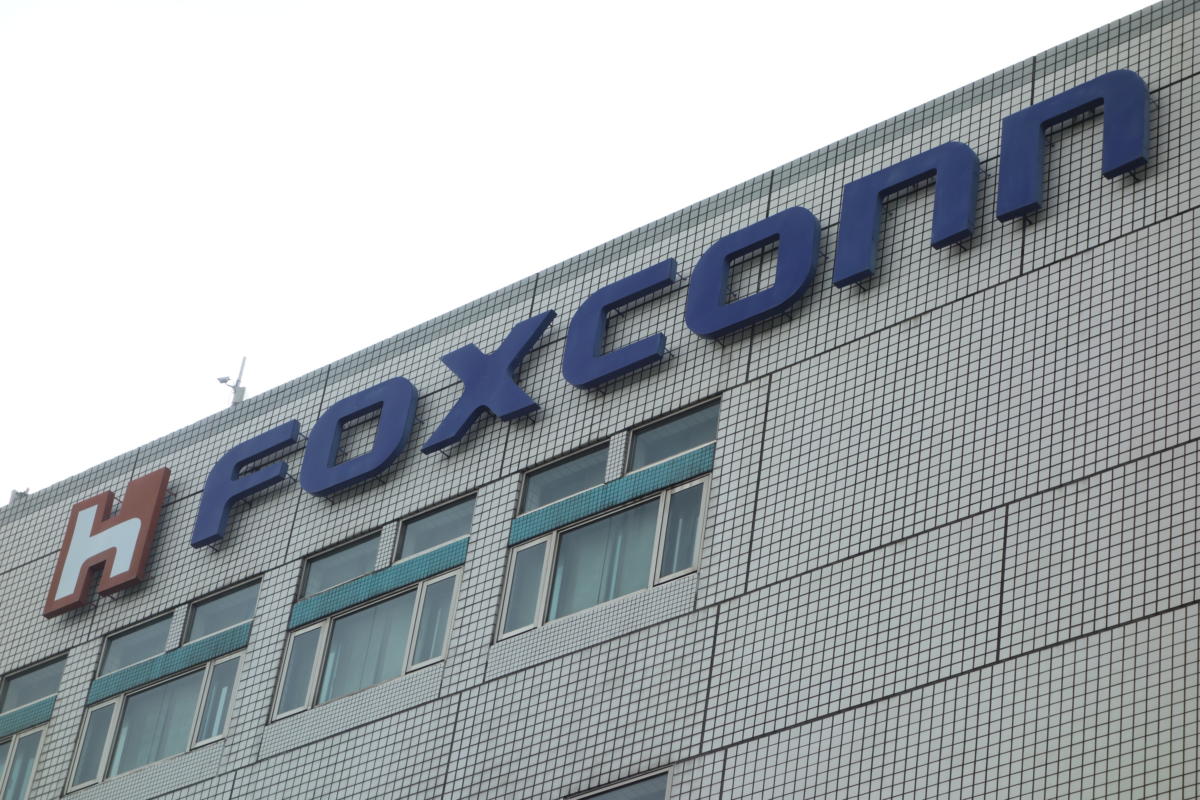India’s big push for semiconductor manufacturing took a hit on Monday when contract manufacturer Hon Hai Precision, better known as Foxconn, said it is pulling out from a planned semiconductor joint venture with Indian firm Vedanta.
“Foxconn is working to remove the Foxconn name from what now is a fully owned entity of Vedanta,” the company said in a statement posted on the Taiwanese stock exchange.
Foxconn further said that both companies had worked toward building a semiconductor building facility in India for a year but had mutually decided to part ways in order to explore “more diverse development opportunities.”
“Foxconn is confident about the direction of India’s semiconductor development. We will continue to strongly support the government’s ‘Make in India’ ambitions and establish a diversity of local partnerships that meet the needs of stakeholders,” the company said.
Foxconn’s decision to pull out of the joint venture can be attributed to the change in the company’s strategy after its initial application and plan for developing 28-nanometre chips along with Vedanta didn’t go through, according to Pareekh Jain, chief analyst at Jain Consulting.
“Earlier, Foxconn had a similar strategy change in the US. They announced big manufacturing investment in Wisconsin during President Trump’s tenure only to scale it down later,” Jain said.
Foxconn’s split with Vedanta comes just weeks after the Indian government started re-inviting applications to a program aimed at developing semiconductor manufacturing facilities in the hope of emerging as a major chipmaker at a time when a US-China chip war is transforming the industry and stirring worries over global technology supply chain.
However, Indian IT minister Rajeev Chandrasekhar in a tweet said the split in the joint venture will have no negative impact on India’s semiconductor plans.
The minister further pointed out that the split may have been caused due to the failure of both firms to “source appropriate technology partner” for their 28-nanometre chip fabrication unit proposal.
Vendata’s joint venture VFSL, according to Chandrasekhar, has already submitted a proposal for building 40-nanometre chips along with a global partner, which is in the process of being evaluated by the Indian Semiconductor Mission — the coordinating agency for the development of new fabrication facilities.
Jain, too, believes that the split in the joint venture will not impact India’s semiconductor manufacturing plans as US-based chipmaker Micron has already committed to invest about $825 million in a chip manufacturing plant in Gujarat.
Moreover, Singapore-based IGSS Ventures, which has also submitted a proposal to build semiconductor fabrication units, is expected to get approval for their plant in Tamil Nadu.
However, Jain said Foxconn pulling out of VFSL might cause problems for Vedanta as it will now have to look for a new partner who will not only help with funding but also with selling chips when they are produced.
A key reason for the split could be the delays on the side of the Indian government to provide incentives for building the fabrication units, according to a report from Reuters.
The Indian government is offering a total subsidy of close to $10 billion (₹76,000 crores) for developing these fabrication units, a statement from the IT ministry showed.






